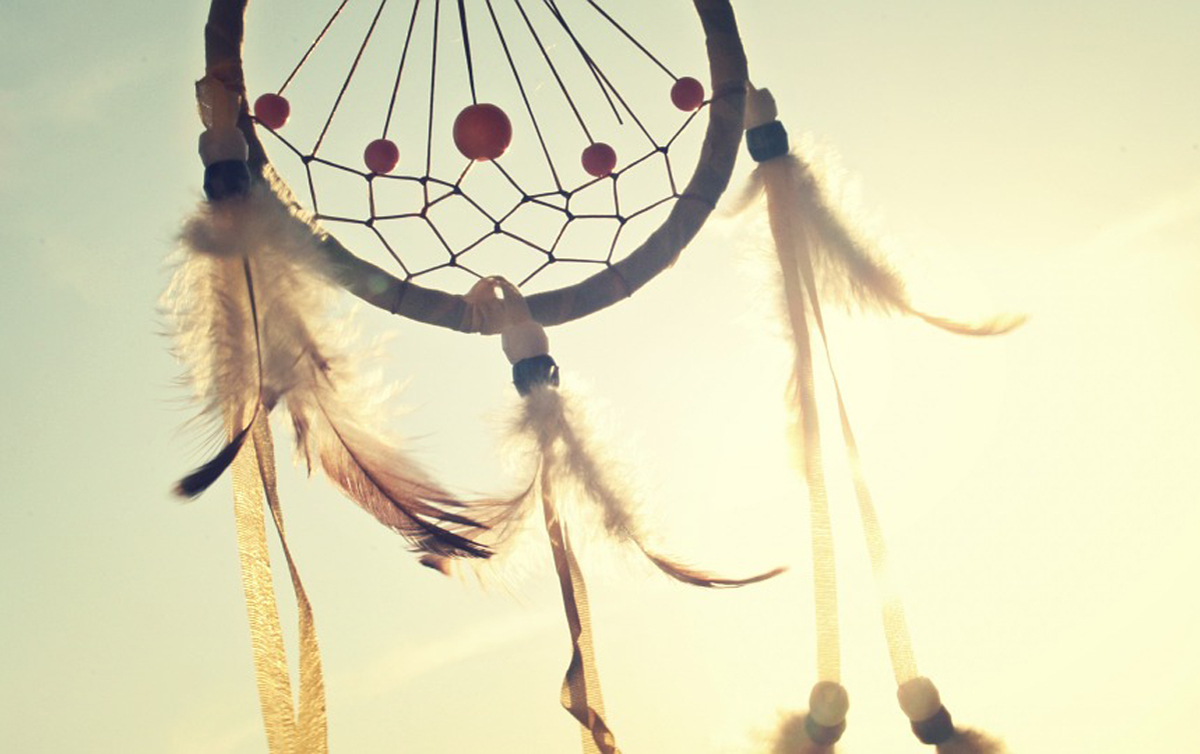 Native Americans call on the State of Utah to elevate tribes
Native Americans call on the State of Utah to elevate tribes
By Alastair Lee Bitsóí
On March 7, Utah Tribal leaders, Native organizations, and Utah House Democrats presented two proposals that would elevate Native American voices in state government.
Members of the House Democratic Caucus along with Utah Diné Bikéyah, Utah Tribal Leaders Association, and Utah League of Native American Voters plan to begin studying two proposals, including elevating the Division of Indian Affairs to a Cabinet level position and creating a Joint Standing Committee on Indian Affairs.
“The events of this past year highlighted the need to raise the profile of Native American Tribes in Utah,” said Rep. Sue Duckworth, D-Magna. “For far too long, there has been systemic discrimination and oppression of Tribal interests in our state. We need to find ways to include the important voices of Native Americans at the policymaking level, and this is a start.”
“Native Americans must have a say in not just how the state administers policies in and around their reservations, but with anything having to do with their lands,” said Rep. Mark Wheatley, D-Salt Lake City. “Up until now they’ve been shut out of the process. They should have a voice over how their land is administered and maintained with regard to resource management. Regardless of whether we’re talking about national monuments, resource extraction, or tourism, they must have a seat at the table.”
“We’re not going to heal by naming a highway after the president, or by breaking up a national monument,” said Rep. Joel Briscoe, D-Salt Lake City. “We’re talking about creating a new dialogue. A respectful dialogue with native peoples who left their marks on the canyon walls thousands of years ago. I support these efforts to elevate the voices of the native peoples in Utah.”
“I think it’s time for the state of Utah to move forward to recognize the eight native tribes in the state, and bring them to the same level as other cabinet positions,” said Virgil Johnson, Chairman of the Utah Tribal Leaders Association. “This would open up many doors that are now basically closed.”
“This is a nonpolitical issue, a nonpartisan issue,” said Braidan Weeks, communications coordinator for Utah Diné Bikéyah. “This is to really elevate Native voices and get the communities engaged and address their concerns. To raise the Division of Indians Affairs into a cabinet level and create a committee that has its hands-on legislation will help address our issues as far as education, health care, and infrastructure This can help forge a path for healing going forward.”
“Being kept away from the decision-making processes is a policy more befitting of the 19th century than the 21st,” said James Singer, co-founder of the League of Native American Voters. “States and the federal government aren’t the only actors in federalism. Under the Commerce Clause of the U.S. Constitution, Native nations are sovereign political entities. Ignoring our voices isn’t only undemocratic but a vestige of colonial racism that shouldn’t be a party of our society. This is a question of equality and political rights. It is a painfully simple thing to do to have a cabinet-level position and create a joint standing committee. It’s the right thing to do. And right now is the time to do it. It is something Native voters, we Native people, want to see happen.”
To view the press conference, click on the video feed here.
Articles related to “Native Americans call on the State of Utah to elevate tribes”
DOI spills ink on why to shrink Bears Ears National Monument
State Route 9, aka The Donald J. Trump National Park Highway?
Petition to reinstate terminated Dixie State University professors circulating online



